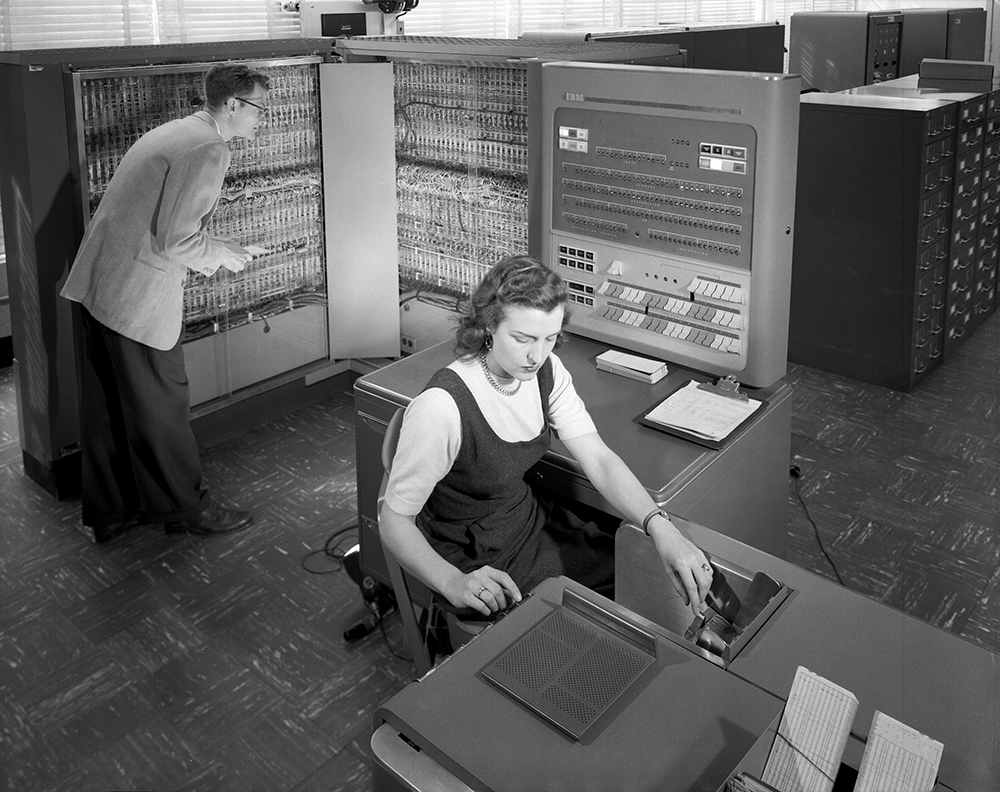Many of our employers are introverts, so we understand how difficult it can be for an introvert to work or even be in an extravert environment. If you are in introvert, you get energy from being alone, so you are probably looking for companies where you feel comfortable. Many companies provide the possibility to work from home, especially now due to the corona. But, there are also many companies with open offices… with many people… at the same time. 😉
However, the other way around may also occur. Many chemical companies have an introverted culture, so it can be an enormous challenge for you, as an extravert, to fit in an introvert environment. We want to light up both sides for you, so you can decide what works for you. So, how do you survive in an extravert or an introverted workplace? How do you handle your colleagues who have a different way of working and thinking? The answer is simple; either you accept or move on.
What is the definition of extravert and introvert?
An extravert is a more ‘present’ person who gains energy from being with other people. An introvert is a quiet person who gains energy from being alone with their thoughts and feelings than spending time with other people. Both are different, yet they can be of an inestimable value. Of course, both can be shy and confident or quiet and loud in a particular environment on an individual level, but let’s use the average for ease.
The difference between extraverts and introverts
Under the right circumstances, everybody can show the same characteristics. Put an introvert with only extravert people, and he will work quietly in a corner, and you won’t even know he is there. Put him with like-minded people, and he becomes a real chatterbox who will look like an energetic extravert. So there are always individual differences. However, there are the usual differences in how the extraverts and introverts deal with their inner and outer world.
• Extraverts gain energy from being surrounded by people, while introverts recharge by spending time alone.
• Extraverts prefer group conversations, while introverts love to have one-on-one conversations
• Extraverts are the speakers and introverts are the listeners.
• Extraverts are quick decision-makers, while introverts want to reflect before making a decision.
• Extraverts share ideas in a meeting, while introverts do that when prompted.
• Extraverts love to get attention, and the introverts are not interested in getting attention. (Not to be confused with recognition.)
• Extraverts are more open; introverts are more reserved.
• Extraverts accept changes easily; introverts have more difficulty with transitions.
• Extraverts like to work in open spaces, and introverts in quiet rooms.
What is the value of extravert and introvert colleagues?
We believe that different people are the key to a healthy environment. Many people have unique qualities which are conducive for the creativity of the company. Both types are essential for the efficient functioning of an organisation, for example:
• An extravert is very good with making new contacts which are necessary for new business. An introvert is very good at making thoughtful decisions, which are also required for a business to grow.
• Every organisation needs the company’s face, so extraverts are the right people for that. It’s a win-win, as introverts usually rarely like to be at the forefront.
• Extraverts are fast thinkers who are good at solving problems quickly and suggesting alternative solutions. Introverts are more likely to find problems before they even occur, and they are excellent in connecting the dots.
Focus on finding the right environment instead of the job
There are two aspects we deal with when having a job. We want to do what we love, and we want to feel good and be comfortable in our work environment.
Many people focus on finding the right job, but sometimes they forget to focus on the right environment. You can find your perfect dream job, but you won’t stay happy if you are continually working with a micromanager.
If you are looking for a job, you can always ask your future employee about the environment. You can’t know it all in advance, but the more you ask, the more you know. Instead of pushing others or yourself against your natural state of mind, understanding the differences can benefit you and your organisation. Accept the differences and focus on bringing out the best in you and others.
Are you looking for a career in chemicals, food, or life sciences? Check Our Work. Can’t find the right vacancy? Let us know! We have more to offer. 🙂 Follow our LinkedIn company page!

